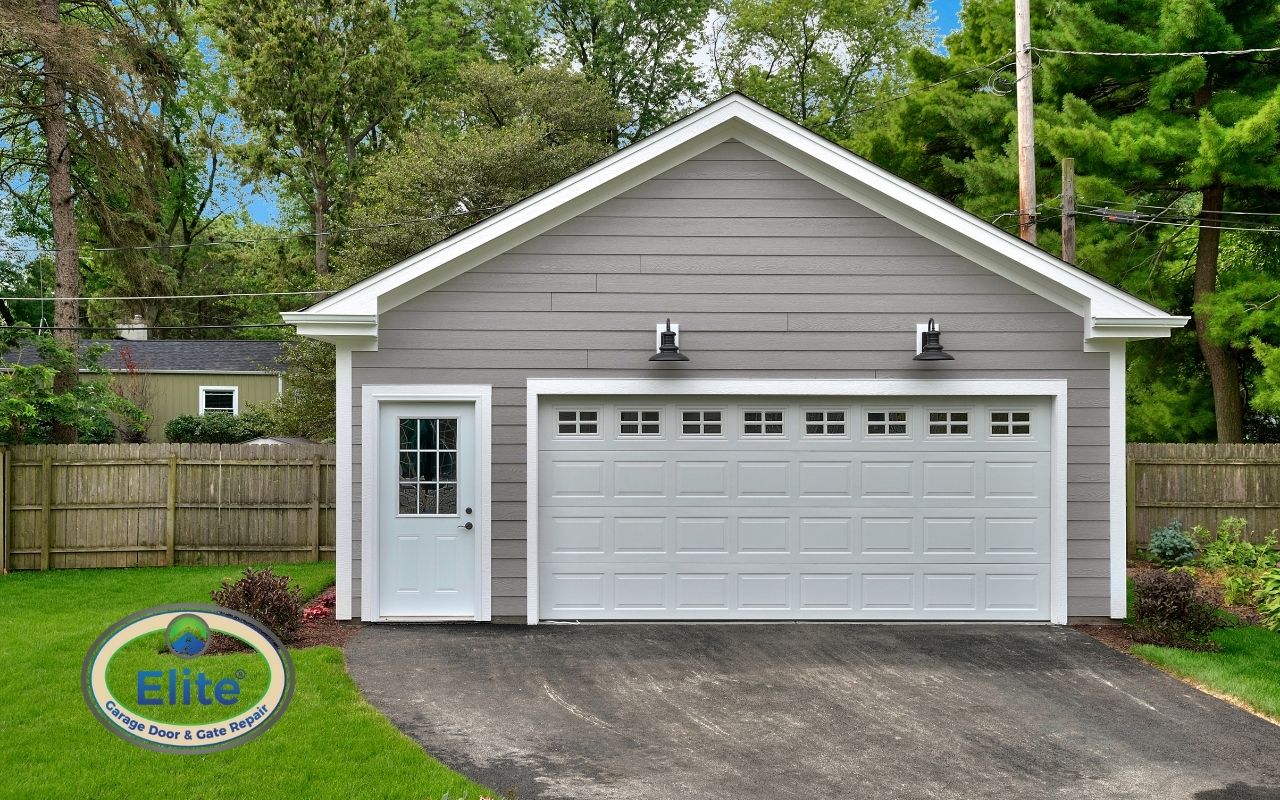A garage door that rattles, screeches, and groans when it opens and closes can be quite aggravating. It can annoy your neighbors, wake up the people sleeping in the house, and generally disturb everyone in the area. Although a noisy garage door may be bothersome, unexpected sounds usually signal underlying problems with the door or opener that must be addressed.
So, if you need to figure out where the problem lies, continue reading this article for troubleshooting advice on how to fix your noisy garage door.
Table of Contents
DO’S & DONT’S
Before you start inspecting your garage, make sure you have taken all of the appropriate safety precautions. While you’re trying to find the root of the problem, disconnect the garage door opener so that no one opens or closes the garage.
The first thing you need to do is to take a few moments to perform a visual assessment. Examine your garage door for any dents, scratches, worn rollers, rusted components, or scraped surfaces.
Here are the four major types of noises the garage door makes depending on the problem.
1. Popping Sound
When you open and close your garage door, do you hear popping noises? If this is the case, they could be coming from the torsion spring. Torsion springs will begin to lock up over time and make loud popping noises as a result.
2. Rattling
Dozens of nuts, bolts, and screws make up your garage door, and the vibrations of the door can cause them to loosen over time. The entire door will begin to rattle as a result of this.
3. Grinding
A grinding noise can be made by rollers that are poorly greased or worn out.
4. Squeaking:
If your garage door is making high-pitched squeaks, lubrication may be able to quiet them down. Make sure the rollers and tracks are well greased. And the weather stripping at the bottom of the door, in between the panels, and around the garage door frame is lubricated with a silicone-based lubricant.
Steps: To Fix Your Noisy Garage Door
If you’ve identified the cause of unusual sounds, here are some of the steps you must take to fix your noisy garage door.
Lubricate the garage door
Lubrication is the cheapest and quickest cure for a noisy door, as well as the initial step in maintaining your garage door. Listen to the noise the door makes; if it squeaks or squeals, it’s likely due to a lack of lubrication. You can also reduce the garage door noise by using rubber pieces as buffers for the garage door and door openers.
Ensure that the nuts and bolts are securely fastened
Usually, the main and the most common issue is loosened nuts, bolts, screws, rollers, or other pieces. So, if your garage door is rattling or making a grating sound you should tighten all the loose components of the door with a wrench. This will Reduce The Garage Door Noise and give you a fully silent garage door.
Check the garage door rollers or Replace the hinges
If you don’t have any loosened bolts and screws the next step is to check the rollers of your noisy garage door. The other most common cause of odd noises from your garage door is friction. Years of rubbing on the tracks, old metal rollers can generate a screaming sound and wobble while in motion. Whether your garage door has hinges or rollers make sure to oil them regularly and replace the ones that cannot be salvaged.
Spring problems
The smooth and safe movement of a garage door is controlled by garage springs. Your garage door hitting the floor too hard and making a loud racket could be the result of a defective spring. However, attempting to repair or replace springs, particularly torsion springs, regardless of how handy you are with tools, can end in significant injury to the untrained.
When it comes to springs, you should always seek the advice of an expert.
Insulation strip
Another cause of a loud garage door is if the bottom insulating strip has worn through or is totally missing — the telltale indicator is if it closes with a loud crash. Draughts or water leaking through the cracks may also be present. A garage door technician will be able to quickly and safely replace the insulation strip.
Keep up with the Maintenance
If a noise problem isn’t resolved, you should have your garage door inspected by a trained door systems technician. After they have fixed the problem, make an appointment with a certified garage door technician every year for a maintenance check, and grease your parts every few months.
Bottom Line
Hopefully, one of these solutions to the problem of how to make a garage door silent has helped you. This should keep your garage door working smoothly for a long time if you have a high-quality door.













Leave A Comment